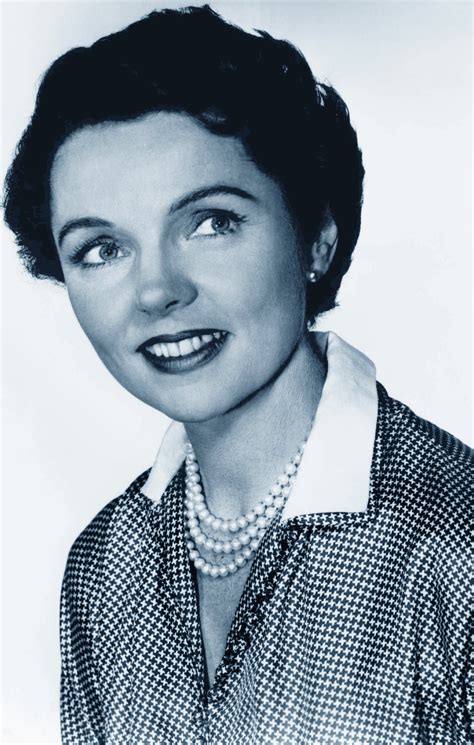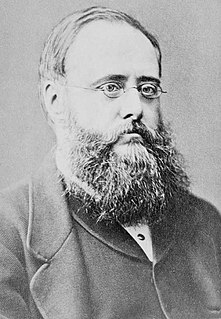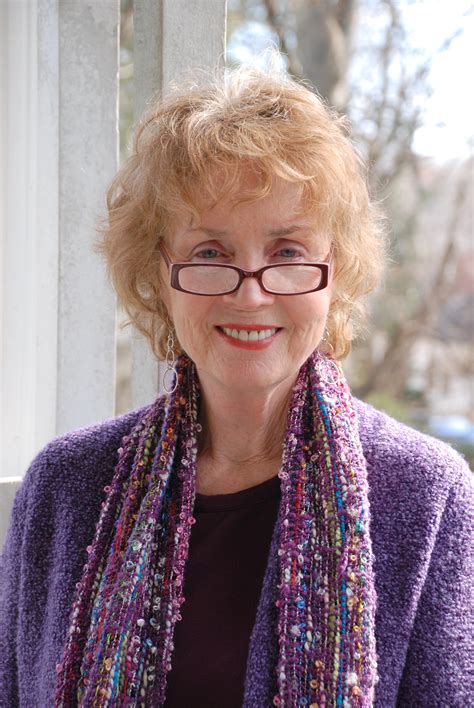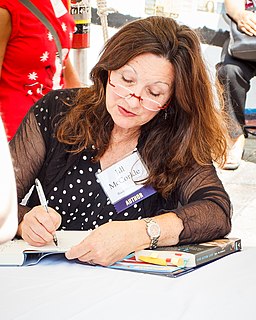A Quote by Colm Toibin
Anyone who works in the arts knows, if you're writing a novel or a play or anything, you have to be ready for someone to say, 'Your time is up.'
Related Quotes
If I'm writing a novel, I'll probably get up in the morning, do email, perhaps blog, deal with emergencies, and then be off novel-writing around 1.00pm and stop around 6.00pm. And I'll be writing in longhand, a safe distance from my computer. If I'm not writing a novel, there is no schedule, and scripts and introductions and whatnot can find themselves being written at any time and on anything.
Writing has to do with truth-telling. When you're writing, let's say, an essay for a magazine, you try to tell the truth at every moment. You do your best to quote people accurately and get everything right. Writing a novel is a break from that: freedom. When you're writing a novel, you are in charge; you can beef things up.
If you arrive at a concert ready to play your piece, that's not nearly good enough. You must have your music ready to the point where you can play it on a short rehearsal, after a long plane flight, on a strange piano, having had an unpleasant lunch, in an unfriendly atmosphere. You have to be so over-prepared that you can cope with anything.
What is a novel? I say: an invented story. At the same time a story which, though invented has the power to ring true. True to what? True to life as the reader knows life to be or, it may be, feels life to be. And I mean the adult, the grown-up reader. Such a reader has outgrown fairy tales, and we do not want the fantastic and the impossible. So I say to you that a novel must stand up to the adult tests of reality.
Say who you are, really say it in your life and in your work. Tell someone out there who is lost, someone not yet born, someone who won’t be born for 500 years. Your writing will be a record of your time. It can’t help but be that. But more importantly, if you’re honest about who you are, you’ll help that person be less lonely in their world because that person will recognise him or herself in you and that will give them hope.
I met the guys at HeavyRoc through the drummer in St. Lucia, Nick Brown. He is Ben from The Knocks' cousin, and at the time we'd been doing some work together, but everything was still very much in the unsure developmental phase (even though I'd been in it for a year and a half). I told him that if he was going to play the music for anyone that he shouldn't say anything about it and should just play it and see if anyone says anything, and he did it one day at their studio and they loved it and got it touch.







































